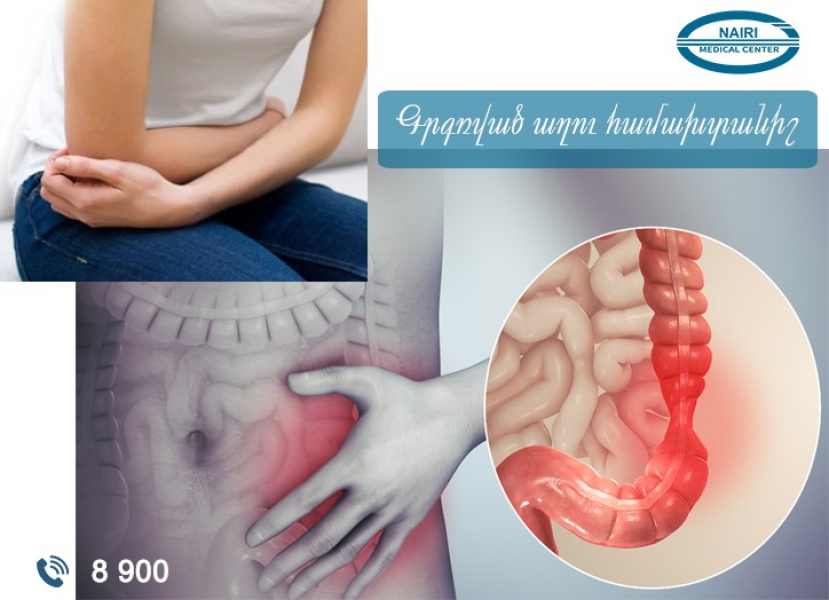Articles
What is Ischemic colitis
22 July 2020 | Popular articles | Gastroenterology and Endoscopy
Ischemic colitis is a pathology caused by an inflammatory process in the large intestine caused by impaired blood flow in consequence of intestinal artery atherosclerosis due to impaired blood supply.
Affecting Factors
It is most common among the people over 50 as well as
- after abdominal cavity surgery
- after an abdominal injury
- In case of abdominal diseases
- Patients with vasculitis (systemic immunological diseases of the vessels).
Symptoms
The disease is manifested by varying intensity pain in the lower left region of the abdomen. The pain may strengthen after eating. The patient's complaints are nausea, vomiting, bloating, weight loss, unstable stool, or even blood clots in the stool.
Diagnosis
Includes instrumental research methods.
- X-ray examination of the large intestine (irigoscopy) with the injection of X-ray contrast materialcolonoscopy
- Angiography of the inferior mesenteric artery to determine the cause of the vessels clogging and the level of the latter.
This is an X-ray examination of the vessels of the abdominal cavity with the injection of contrast material in them. During angiography, detailed features of the blood supply to a certain part of the intestine can be examined.
Treatment
As a rule, the disease is treated conservatively. The treatment is based on drug treatment with vasodilating and antiaggregant drugs. Nitrates and spasmolytic are used to eliminate chronic pain syndrome. In ischemic colitis surgery is performed in particularly severe cases like development of life-threatening complications. The essence of the surgery is the removal of the affected parts of the intestine. At present, surgeries for ischemic colitis often involve minimally invasive procedures such as the placement of a stent to dilate the affected vessel.
Prevention
As ischemic colitis is mainly the result of atherosclerosis, heart failure or postoperative complications of bowel, stomach and pelvic organs, the prevention is based on the treatment of primary diseases. Proper nutrition and regular preventive medical examinations are very important.
Sign up here for our newsletter






